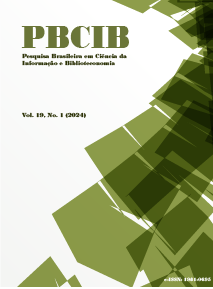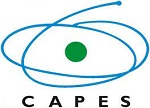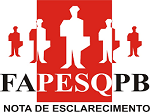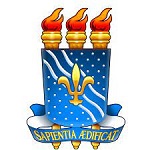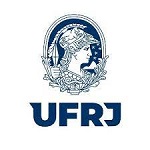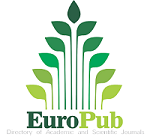We have never been latourians! religious pluralism & new materialism inBruno Latour’s ‘terrarism’
Visualizações: 12Palavras-chave:
Latour, Lovelock, Gaia philosophy, objective idealism, panentheism, new materialism, postmodernism, religion, eco-humanismResumo
In his works on ecological philosophy, Bruno Latour develops an interestingontology. He proposes a new worldview, in which religion is reinterpreted in view of a Gaian philosophy. He extends ‘pluralism’ beyond the anthropocentrism that dominates modern humanism. In his book Facing GaiaLatour includes nonhuman beings in a larger community and works towards a larger concept of eco-humanism. In this paper, I try to reconstruct his position by showing that the philosophical foundation for his interpretation ofontologyis to be classified as a form of new materialism. This new interpretation of materialism has postmodernist origins (inspired by Gilles Deleuze), but it is not identical to it, because Latour explicitly distances himself from ‘postmodernism’. He wants to contribute to a ‘positive’ ontology. My point is that Latour’s materialist grounding of ontology, which he tries to elaborate in order to make a religious pluralism possible, obstructs any foundation of transcendence and, finally, congests a pluralistic ecumene,because it renouncestothe idea of the ‘whole’ anda unitary principle of being. His ideas on eco-humanism and pluralistic ecumene could gain momentum if we opted for a more holistic and idealisticway of thinking. In my last section I show how this is possible: objective idealism and panentheism are conceived as models that belong together and can offer a viable alternative for modern versions of materialism.
Link: https://revista.ibict.br/fiinf/article/view/6884/6433

